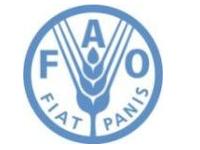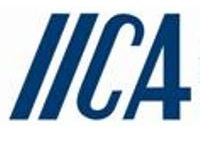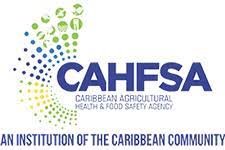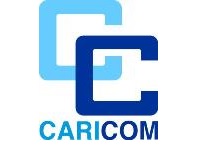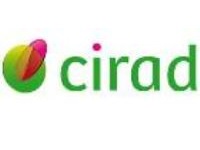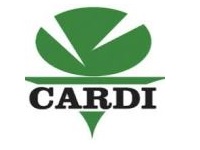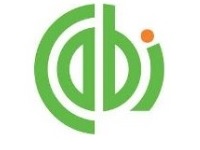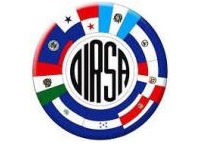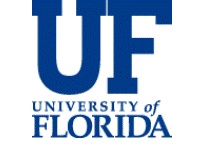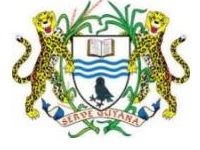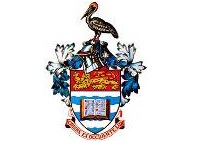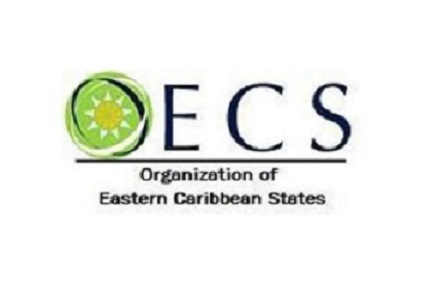The Technical Working Groups are sub-committees of the CPHD Forum established to address an imminent pest threat or risk to plant health in the Region. Each Technical Working Group is comprised of a Chair, and at least three members, who possess qualifications and experience appropriate to the assignment of the relevant TWG. The Chair and members shall be appointed by the CPHD Forum.
The TWGs shall be responsible for the strategic planning and implementation of specific TWG projects/programmes. The Technical Working Groups are to work collaboratively to safeguard the Caribbean Region from plant pest threats and risks in an effort to minimize the impact of introduction, economic damage, and spread of pests through investigation, research, advice, and information on implementation, control, management and safeguarding measures.
The Technical Working Groups of the Caribbean Plant Heath Directors Forum are:
- Emergency Preparedness Plans and Mechanisms for Response
- Molluscs
- Fruit Fly
- Palm Pest Complex
- Safeguarding
- Musa
The other sub-committees of the Caribbean Plant Heath Directors Forum are:
- Communications
- Caribbean Pest Diagnostic Network (CPDN)
- Technical Committee on the Formulation and Prioritization of a Regional Pest List
The establishment of the technical working group (TWG) on Emergency Response Preparedness Plans and Mechanisms for Response was a decision of the Caribbean Plant Health Directors (CPHD) at their first meeting, convened at the Caribbean Community (CARICOM) Secretariat Headquarters in George Town Guyana on April 23-25, 2008. This working group was to be one of five groups established as an initial step in the formation of a regional network regarding plant health.
The establishment of the technical working group (TWG) on the Giant African Snail was a decision of the Caribbean Plant Health Directors (CPHD) at their first meeting, convened at the Caribbean Community (CARICOM) Secretariat Headquarters in George Town Guyana on April 23-25, 2008. This working group was to be one of five such groups established as an initial step in the formation of a regional network regarding plant health. The TWG name was changed from the TWG on Giant African Snail to the TWG on Molluscs, to incorporate all Molluscs of Economic Importance in 2010.
The establishment of the technical working group (TWG) on Tephritid Fruit Flies was a decision of the Caribbean Plant Health Directors (CPHD) at their first meeting, convened at the Caribbean Community (CARICOM) Secretariat Headquarters in George Town Guyana on April 23-25th, 2008. This working group was to be one of five groups established as an initial step in the formation of a regional network regarding plant health.
At the first meeting of the Plant Health Directors’ Meeting held April 23-25, 2008 at the Caribbean Community (CARICOM) Secretariat (CCS) Headquarters, Georgetown, Guyana, it was agreed to form several Technical Working Groups (TWGs). One such group was the Palm Pest Complex Group which held its first meeting in Trinidad, January 12-13, 2009. The TWG on Palm Pests held its second meeting on July 29 2010 at The Gran Courland Hotel, Tobago. The third meeting was held on July 19th 2012 at the Ministry of Food Production, Research Division, Central Experiment Station, Centeno, Trinidad. At the 3rd Caribbean Plant Health Directors’ Meeting held in Guyana, 4-5 March 2009, it was agreed to revise the name from The Palm Pest Complex Group to the Technical Working Group (TWG) on Palm Pests. The TWG on Red Palm Mite was subsequently subsumed into this TWG on Palm Pests.
The establishment of the technical working group (TWG) on Safeguarding was a decision of the Caribbean Plant Health Directors (CPHD) at their first meeting, convened at the Caribbean Community (CARICOM) Secretariat Headquarters in George Town Guyana on April 23-25, 2008. This working group was to be one of five such groups established as an initial step in the formation of a regional network regarding plant health.
The web-based Caribbean Pest Diagnostic Network (CPDN) database provides a collaboration and communication tool for plant inspectors, scouts, consultants, extension personnel and diagnosticians to share information on plant pests. The system uses field data and digital media as tools for enhancement of diagnosis of plant disease, insect, weed, invasive species, plant management, physiology, and nutrient problems.
Through interactions on the Internet between field personnel and diagnostician or experts, problems can be quickly communicated and assessed. Specialists around the world can perform diagnosis and identification and provide best management practice recommendations to the users. The archived CPDN database becomes a resource for research, educational programs, and classroom teaching.
The threat of pest and invasive species is real and has the potential to seriously damage our agriculture and food supply. The Web-based diagnostic system can be used as a tool to enhance the capacity for screening, monitoring, mapping pests in time and space, and quickly detecting existing or new high-consequence pests and dangerous plant pathogens.
A primary and critical goal of the CPHD is to increase communication and foster transparent exchange of phytosanitary information among Caribbean countries/territories and entities. One of the mechanisms used to achieve this goal is the exchange of information through individual and group interchange via the annual meeting of the CPHD Forum, meetings of its technical working Groups and ongoing electronic communication with its members.
In order to effectively carry out its primary goal, the CPHD must communicate proactively, regularly and on a sustained basis with its members and stakeholders. In this regard, the organization needs to be positioned to purposefully implement communications and public education initiatives in a sound, systematized fashion.
As such, there was a need for the development and implementation of a communication strategy within the framework of the Caribbean Plant Health Directors Forum.
Technical Committee on the Formulation and Prioritization of a Regional Pest List
At the Third Meeting of the Caribbean Plant Health Directors (CPHDs) held on 7th-8th June 2010, it was agreed that a small technical committee be established to develop a Regional Priority Pest List (RPPL). In this regard, a technical committee comprising of the following disciplines: Economist, Weed Scientist, Malacologist, Entomologist, Pathologist, Epidemiologist, Chairperson of the CPHDs and the Chairperson of the Emergency Preparedness Plans and Mechanisms for Response Technical Working Group, was established.

